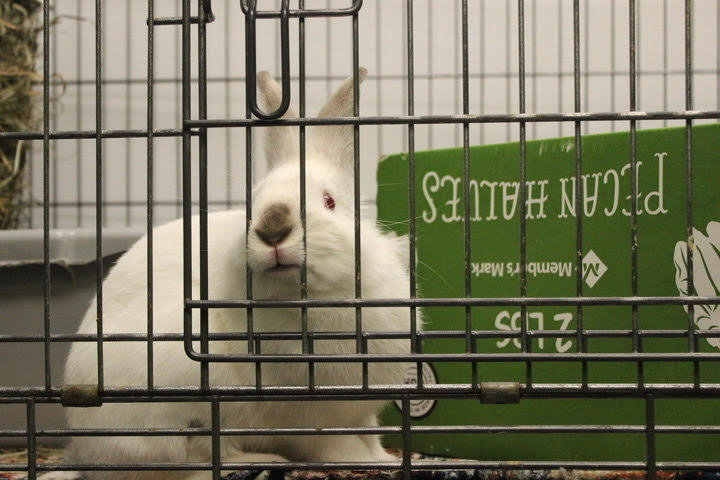When he awoke, he was in a small, dark room, tied to a chair. There was one window off to the side. Somehow Oscar Sanguinette freed himself from the ropes and got to the window. Only then was he discovered by his kidnapper, who began to chase him.
“I was running so fast that the palm trees were blurs to my eyes,” Oscar Sanguinette, sophomore, said. “I was just so scared.”
Growing up in the small village of Livingstone, Guatemala, and primarily living on his own, posed numerous dangers for a seven-year-old boy. Fearing for his life, Oscar hardly had enough to eat on a daily basis. He sometimes had to steal just to be able to eat at all. Some days he would even assist tourists in exchange for money, since he was his only source of income.
“Everybody [in the village] knew me,” Oscar said. “I was the kid without a home.”
His adopted mother, Marsha Sanguinette, knows of her son’s past experiences and they are precisely why she wanted to adopt him. She knew she wanted to adopt a child that needed her help, so she talked to a lawyer who knew of the foster home Oscar had been staying in.
Originally, she was shown a video of another child in the foster home. Oscar appeared in the background and was making all sorts of silly faces trying to get the attention of the camera person.
“In that moment, I just knew,” Marsha said. “That was the child I wanted to adopt.”
His first day home in America, his mother gave him a bike and he knew how to ride it right away though he had never had one before. They rode around for awhile, then came back to the house, but within the next half hour Oscar was gone.
“I was freaking out,” Marsha said. “I lost my kid on the first day!”
She started running up and down the streets looking for him when all of a sudden she saw him, having a great time on his new bike.
“He was just so used to being on his own,” Marsha said. “Even learning to sit still [for school] was hard for him.”
School in America was a struggle for Oscar because he did not have school in Guatemala. He had never learned his alphabet, numbers or even his colors.
“As an 8-year-old, most kids were already reading,” Marsha said. “If you never had to use that part of your brain, it’s hard to start when you’re eight years old.”
Oscar knew Spanish and the African language Garifuna, but to go to school he had to learn how to read and write in English.
“I learned English in six months, and then I had to start school within the next two days,” Oscar said. “It was fast.”
Oscar also had to learn how to be social in a school environment. He was used to keeping to himself, which made him appear shy.
“It’s not like they didn’t like me, I just would never talk to them,” Oscar said.
As a child Oscar often worried about his mom back in Guatemala. He was concerned that something would happen to her while he was away. To ease his stress and to try to comfort him, Marsha promised him that someday they would go back and find her.
Three years ago she kept that promise. Oscar found his mom after a long period of searching and now they keep in touch over the phone. Oscar remembers the moment he found his biological mother again, and how complete it made him feel.
“Me, my mom and my mom all came in this group hug and everyone was crying, and I was just so overwhelmed with all the feelings of what I had been missing for so long,” Oscar said.
According to Marsha, it’s important that Oscar keeps that connection with his biological mom. She understands how hard it must have been to give up her son to give him a better life.
“I know they want to be together if they could. In a perfect world they would be, all families would be able to stay together,” Marsha said. “He loves her, and she loves him.”








